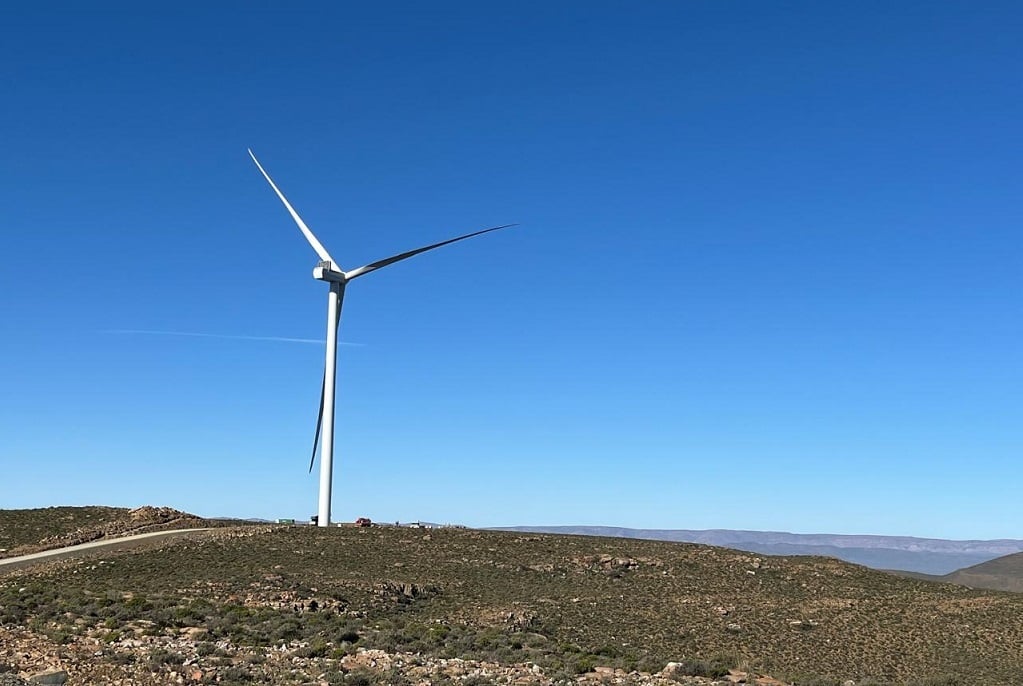Hydroelectric, solar, wind and other renewable sources are forecast to provide 35% of global supply next year. (Lameez Omarjee/News24).
- The amount of electricity produced from renewable sources worldwide is set to surpass output from coal-fired plants in 2025, says the International Energy Agency.
- The forecast comes as electricity demand is set to rise 4% this year and next.
- Solar alone is set to supply half the demand growth through 2025, with wind a further 25%.
- For climate change news and analysis, go to News24 Climate Future.
The amount of electricity produced from renewable sources worldwide is set to surpass output from coal-fired plants for the first time in 2025, the International Energy Agency said Friday.
The forecast comes as electricity demand is set to rise 4% this year and next, up from 2.5% in 2023.
That would be the highest annual growth since 2007, excepting spikes seen after the global financial crisis that began that year and during the Covid-19 recovery, the Paris-based agency said.
Soaring demand reflects “the growing role of electricity in our economies as well as the impacts of severe heatwaves,” said Keisuke Sadamori, the IEA’s director of energy markets and security.
Hydroelectric, solar, wind and other renewable sources are forecast to provide 35% of global supply next year, up from 30% in 2023, the agency said.
Solar alone is set to supply half the demand growth through 2025, with wind a further 25%.
Coal use is not expected to decline, however, as electricity use soars in China and India in particular, the IEA said.
Heatwaves across India are expected to lift electricity demand in the country by eight percent this year, while China’s demand is expected to grow six percent.
European demand is set to climb 1.7 percent. In the United States, where mild weather saw demand decrease last year, electricity use is set to rise three percent this year — not least as the development of artificial intelligence spurs the creation of massive data centres.
“It’s encouraging to see clean energy’s share of the electricity mix continuing to rise, but this needs to happen at a much faster rate to meet international energy and climate goals,” Sadamori said in a statement.
He also urged officials to impose higher energy efficiency standards “to reduce the impacts of increased cooling demand on power systems”.





















Discussion about this post